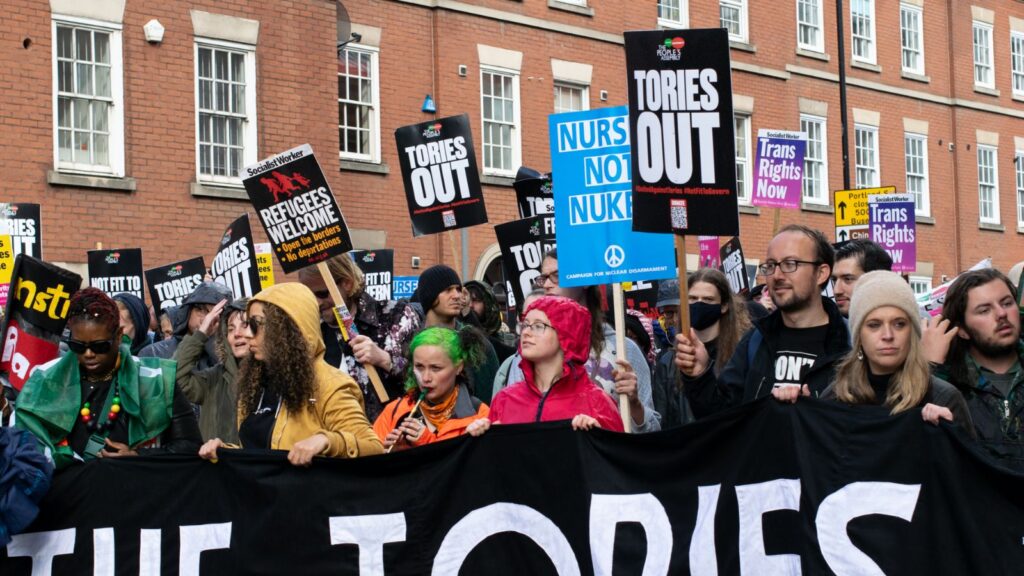Over the past two decades, the United Kingdom has seen a number of changes that haven’t all been for the better. It’s hard to ignore some of the ways things have taken a turn for the worse. Here, we’ll take a closer look at 20 key areas where the country seems to have gone downhill.
Economic Inequality Has Widened

One of the most glaring declines in the UK is the widening gap between the rich and the poor. The cost of living has skyrocketed, and “the Bank of England expects inflation to go up to 2.75% in the coming months,” according to the BBC, while wages for many have stagnated. Meanwhile, those at the top end of the income scale have seen their wealth multiply.
The NHS Is Struggling

The National Health Service (NHS), once the pride of Britain, has faced significant challenges in the last two decades. Chronic underfunding, increasing demand, and staffing shortages have all contributed to longer waiting times and reduced access to essential services. Many people are finding it harder to get appointments with GPs or specialists, and the overall quality of care has suffered.
Public Services Have Deteriorated

Beyond the NHS, other public services have also seen a noticeable decline. Libraries, once a cornerstone of communities, have closed in large numbers due to budget cuts, and public transport, particularly in rural areas, has become less reliable and more expensive.
Housing Has Become Less Affordable

The cost of housing has soared, making it increasingly difficult for young people and first-time buyers to get on the property ladder. Unfortunately, house prices have risen far faster than wages, leading to a generation of renters who may never be able to afford their own homes.
Community Spirit Has Waned

There was a time when neighbours knew each other, and communities felt close-knit. However, over the past 20 years, that sense of community has diminished in many parts of the UK. Increased work pressures, longer commutes, and the rise of digital communication have all played a part in people becoming more isolated.
Political Polarisation Has Increased

The UK has become more politically divided in the last two decades, particularly in the wake of the Brexit referendum. What was once a relatively stable political landscape has become fraught with tension. This polarisation has made it harder for people to engage in civil discourse as debates become increasingly heated.
The Education System Is Under Strain

Funding cuts, larger class sizes, and a growing emphasis on testing have put immense pressure on both students and teachers. The stress of constant exams has taken a toll on young people’s mental health, while teachers report feeling overworked and undervalued.
Social Mobility Has Stalled

Once seen as a country where anyone could achieve success through hard work, the United Kingdom is now grappling with a significant decline in social mobility. The gap between the opportunities available to the wealthy and those to everyone else has widened, making it increasingly difficult for people from disadvantaged backgrounds to improve their circumstances.
Public Trust in Institutions Has Fallen

Trust in the UK’s key institutions—such as the government, the media, and the judiciary—has eroded significantly over the past two decades. Scandals, misinformation, and perceived failures in leadership have all contributed to a growing scepticism among the public. This lack of trust has made it harder for institutions to govern the population effectively.
The Environment Has Suffered
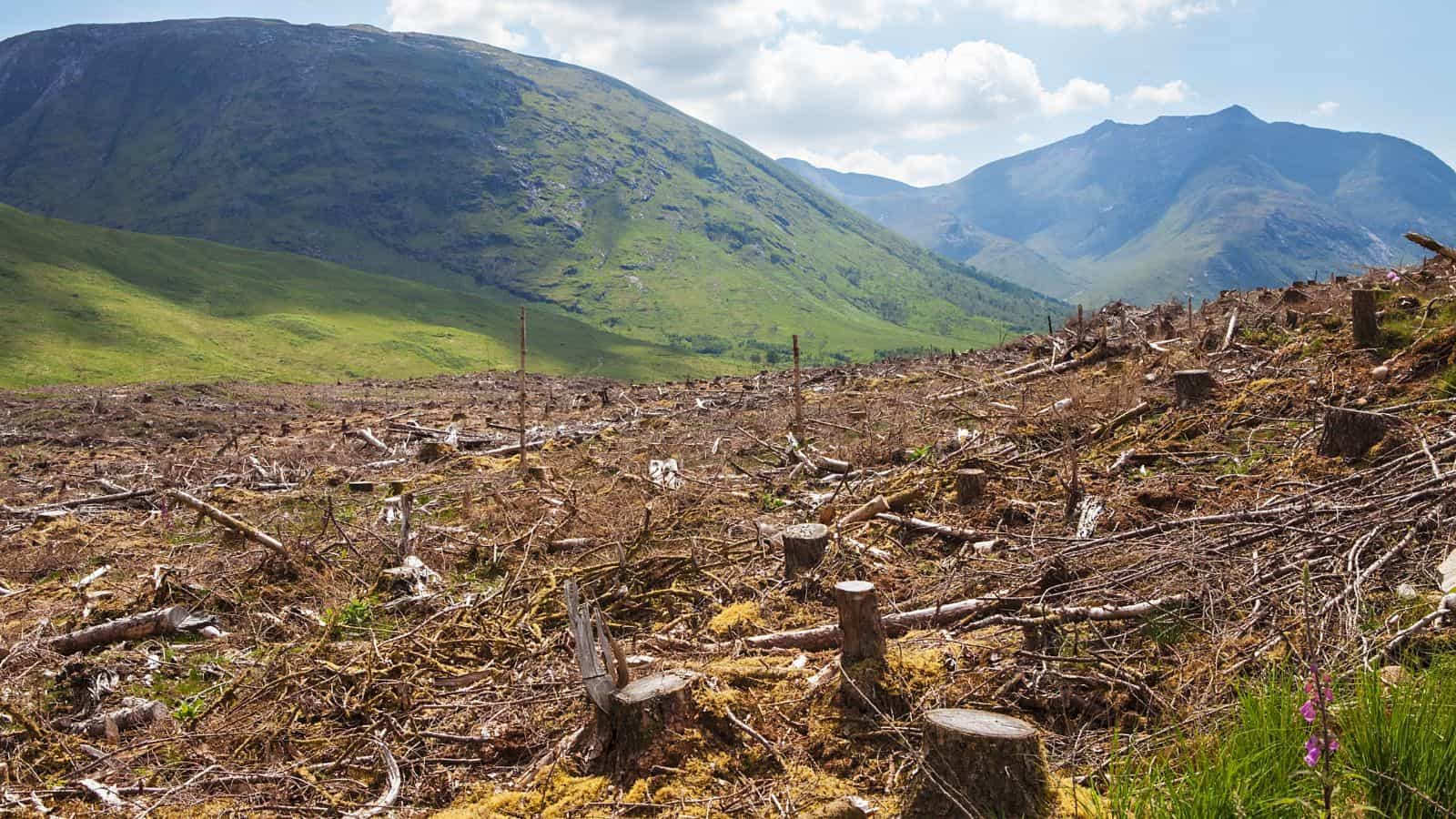
Environmental degradation is another area where the country has seen a decline. Despite efforts to promote green energy and reduce emissions, the country continues to face significant environmental challenges, and air quality in many cities remains poor.
High Street in Decline

Once busy with activity, the high streets have been hit hard by changes in consumer behaviour and the rise of online shopping. Over the past 20 years, many independent shops and well-known chains have closed their doors for good, leaving empty storefronts and a sense of loss in their wake.
Youth Opportunities Have Dwindled

Opportunities have become increasingly limited for young people in the UK. Whether it’s in terms of education, employment, or housing, the challenges facing the younger generation are significant. Youth unemployment rates have fluctuated but remain a concern, and the rise in zero-hour contracts has made stable employment harder to come by.
Transport Infrastructure Is Struggling
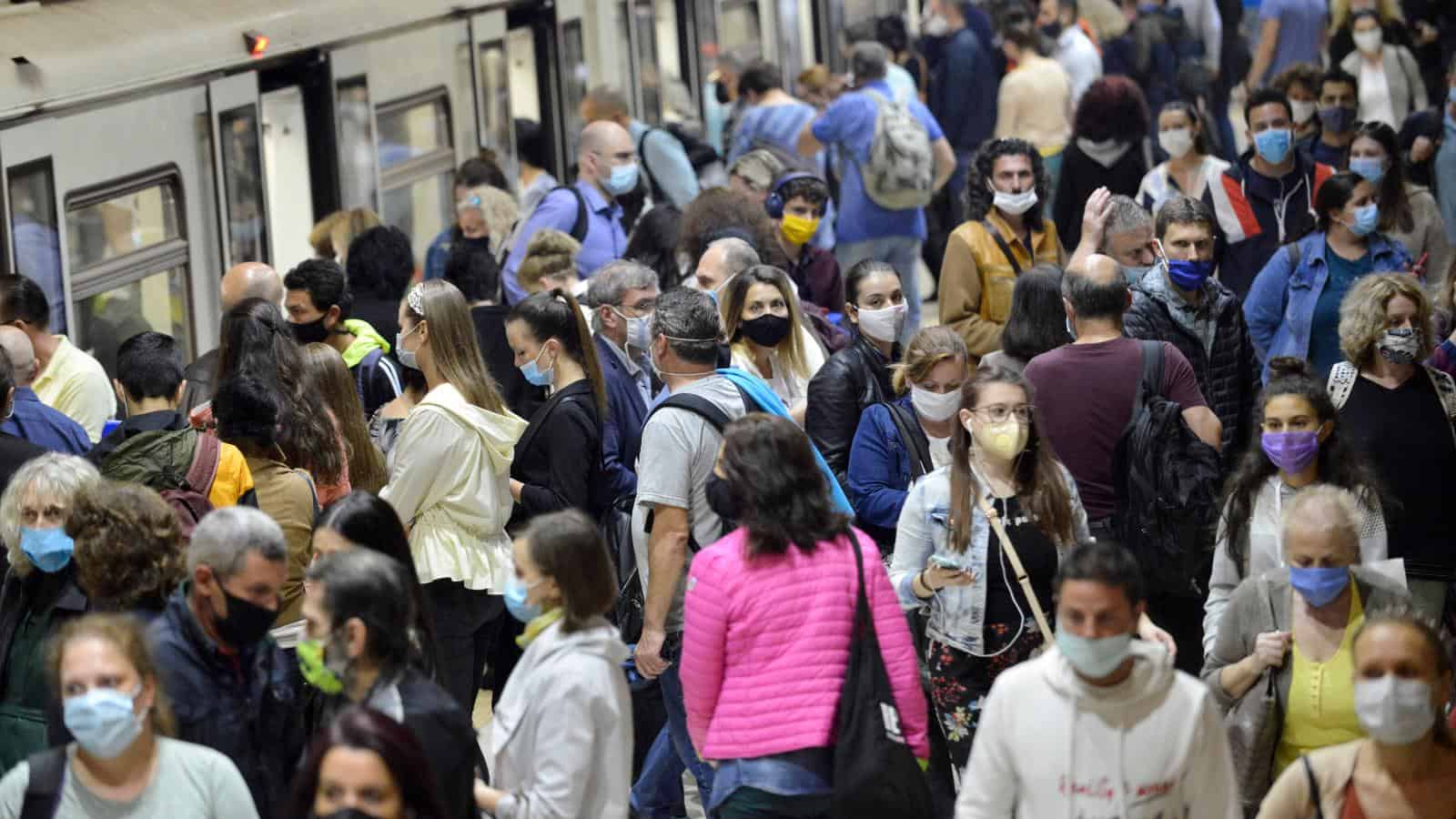
Once a symbol of efficiency, the transport infrastructure has struggled to keep up with the demands of a growing population, meaning commuters face overcrowded trains, delayed services, and increasing fares. The road network is often congested, and in many areas, public transport options are limited or unreliable.
The Media Has Become More Sensationalist

Over the past 20 years, the UK’s media landscape has shifted towards more sensationalist and polarising coverage. The rise of 24-hour news channels and social media has fuelled a demand for constant, attention-grabbing content, often at the expense of balanced reporting.
Mental Health Issues Have Risen

Mental health issues have become more prevalent over the last two decades, with increasing numbers of people experiencing anxiety, depression, and other mental health conditions. While there is greater awareness and less stigma surrounding mental health today, the support systems available have not kept pace with the growing need.
Crime Rates in Some Areas Have Increased

Although overall crime rates have fluctuated, certain types of crime have seen a worrying increase in the UK, including violent crime, which has become more common in some urban areas, leading to heightened fears about safety. Cuts to police budgets and the closure of youth services have been cited as factors contributing to this rise in crime.
Cultural Institutions Are Under Threat
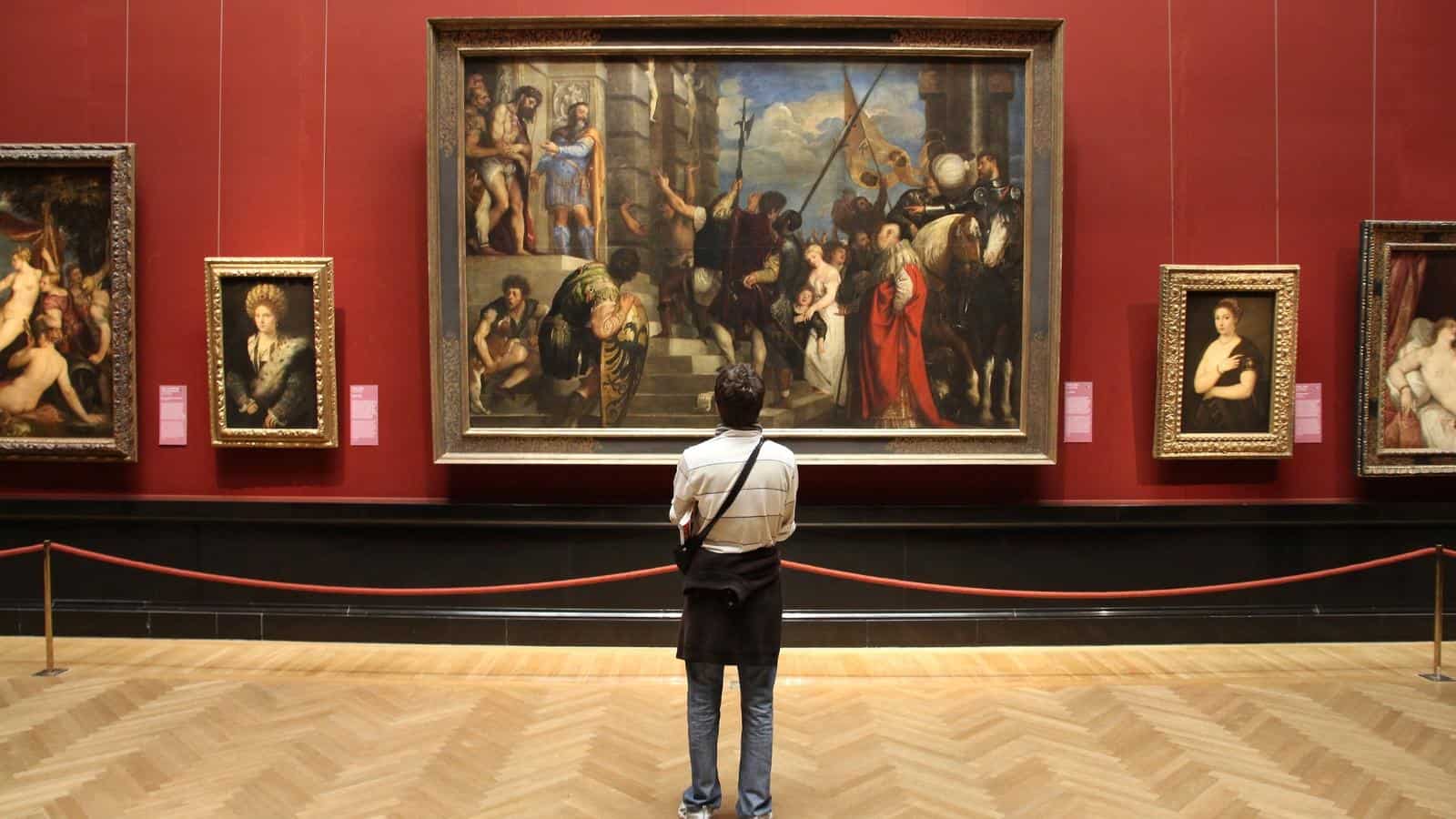
The UK’s rich cultural heritage—including museums, theatres, and galleries—has faced significant challenges in recent years. Funding cuts and changing public tastes have put many cultural institutions under pressure, leading to closures and reduced access to the arts. The impact of the COVID-19 pandemic has further exacerbated these issues, with many institutions struggling to recover.
The Welfare System Is Strained

Designed to provide a safety net for those in need, the country’s welfare system has come under increasing strain over the past two decades. Austerity measures and policy changes have led to cuts in benefits and stricter eligibility criteria, leaving many vulnerable people without the support they need.
The Quality of Food Has Declined

The quality of food in the UK has seen a decline, particularly in terms of affordability and nutrition. The rise of processed foods, fast food chains, and supermarket convenience meals have contributed to poorer diets. This is especially true among lower-income households, and the obesity rate has risen.
The UK’s Global Influence Has Diminished
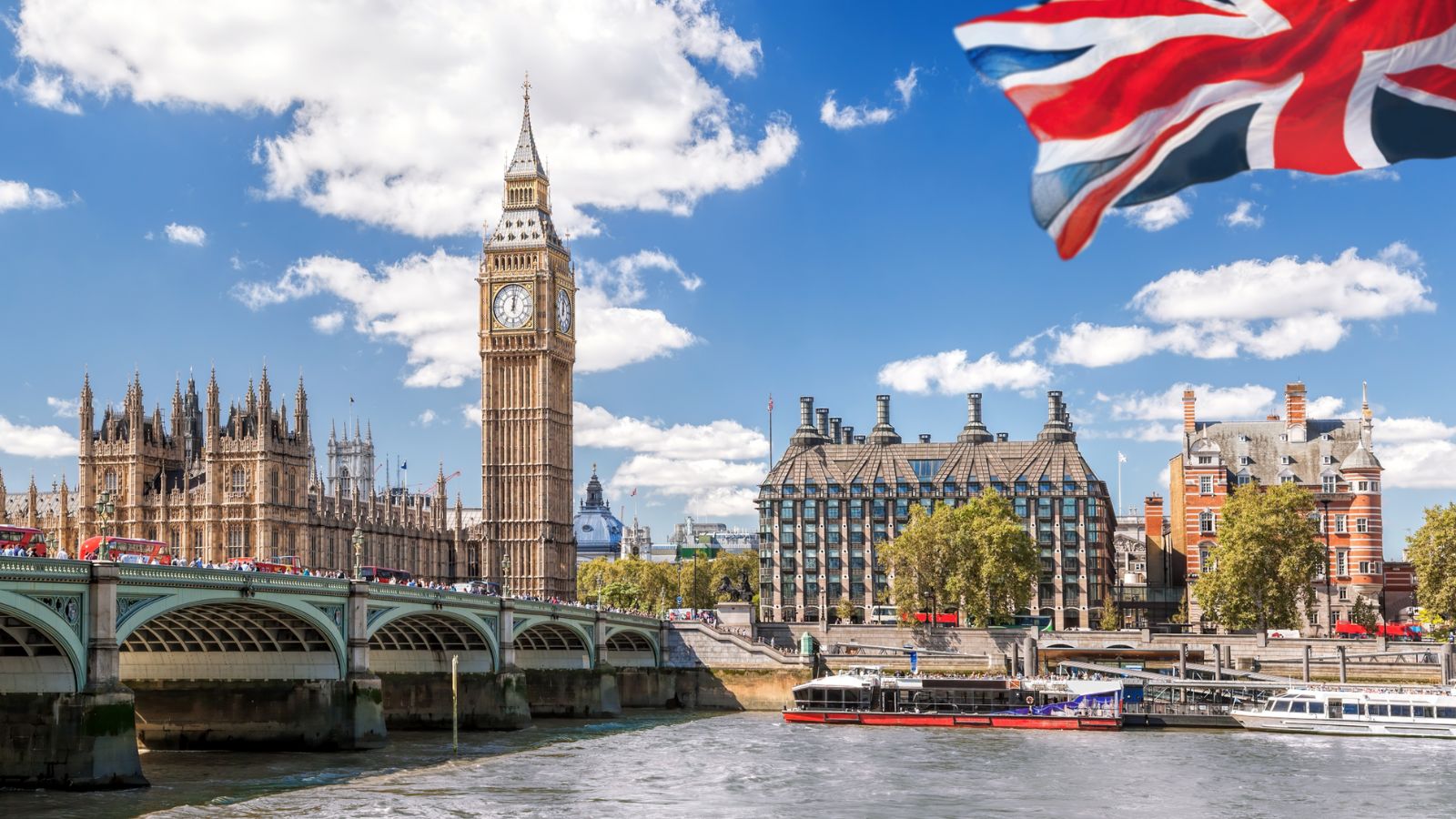
Finally, the UK’s standing on the global stage has diminished over the past 20 years. Once a major player in international politics and economics, the UK has seen its influence wane, particularly following Brexit. The decision to leave the European Union has led to significant changes in the UK’s relationships with other countries.

